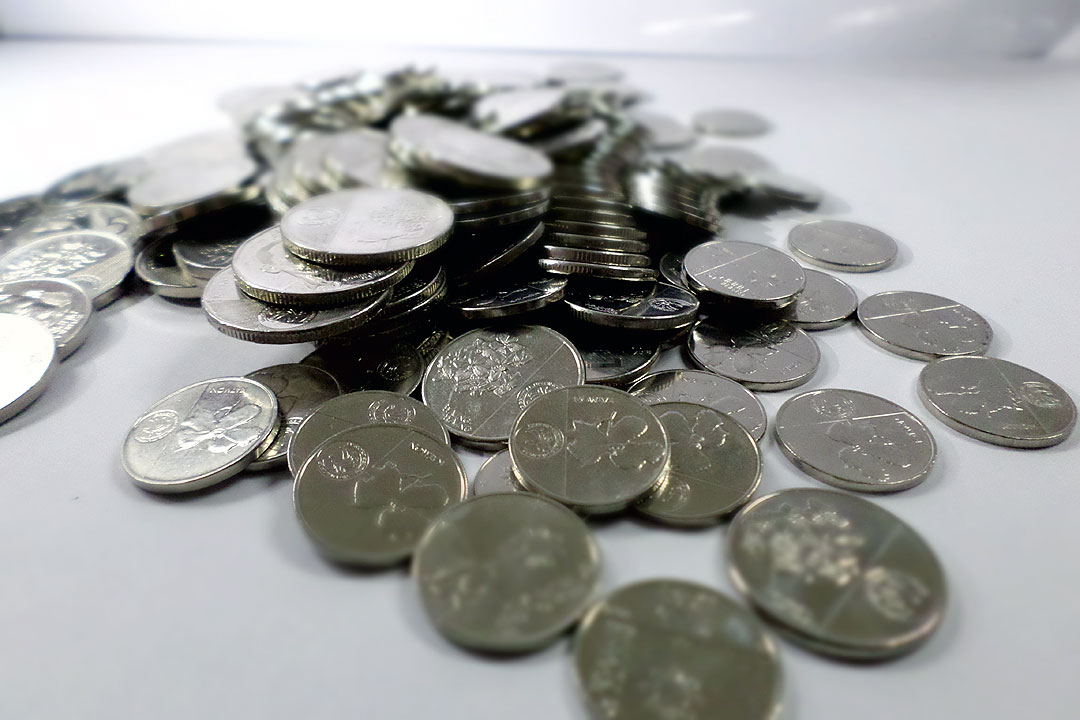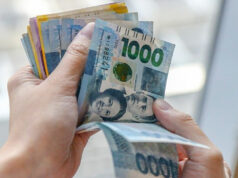Yields on term deposits decline amid tighter mobility restrictions

YIELDS on the central bank’s term deposits dipped on Wednesday as demand increased following tightened restrictions in the capital and several areas due to the rise in coronavirus disease 2019 infections (COVID-19).
Total bids for the term deposit facility (TDF) of the Bangko Sentral ng Pilipinas (BSP) amounted to P732.233 billion on Wednesday, surpassing the P430-billion offer as well as the P534.487 billion recorded in the previous offering.
Broken down, demand for the seven-day papers reached P280.344 billion, higher than the P180 billion auctioned off by the BSP and also beating the P196.26 billion in tenders seen the previous Wednesday.
Banks asked for yields ranging from 1.72% to 1.75%, a tighter band compared to the 1.72% to 1.78% seen last week. This caused the one-week paper’s average yield to dip by 0.57 basis point (bp) to 1.7371% from the 1.7428% quoted previously.
Meanwhile, the 14-day term deposits fetched bids amounting to P451.889 billion, going beyond the P250-billion offering as well as the P338.227 billion in tenders logged a week earlier.
Accepted rates for the tenor were from 1.75% to 1.7973%, a narrower range than the 1.765% to 1.83% margin seen a week ago. With this, the average rate of the two-week paper dropped by 2.51 bps to 1.776% from 1.8011% on Dec. 29.
The central bank has not offered 28-day term deposits for more than a year to give way to its weekly auctions of securities with the same tenor.
“The TDF auction results are in line with the expectation of normalization in cash demand as excess liquidity in the financial system gradually returns to the BSP’s deposit facilities. The higher demand for the longer tenor further supports the view that financial system liquidity is very ample,” BSP Deputy Governor Francisco G. Dakila, Jr. said in a statement.
Term deposit yields declined after Metro Manila was placed under tighter restrictions anew as infections went up after the holidays, Rizal Commercial Banking Corp. Chief Economist Michael L. Ricafort said.
“This could slow down economic recovery prospects and could also potentially ease demand and inflation,” Mr. Ricafort said in a Viber message.
The National Capital Region was placed under the stricter Alert Level 3 from Jan. 3 to 15. The Palace on Tuesday added Bulacan, Cavite, and Rizal to areas under Alert Level 3 from Jan. 5 to 15 amid the infection spike.
COVID-19 cases in the country rose by 5,434 to 29,809 on Tuesday, based on data from the Department of Health. The positivity rate was at 26.5%.
Health officials have said the peak of the current surge could be seen by the end of January.
Mr. Ricafort said investors also remain concerned over the impact of the Omicron variant on the economy. — Luz Wendy T. Noble



